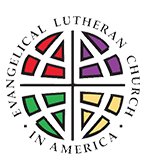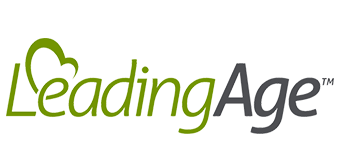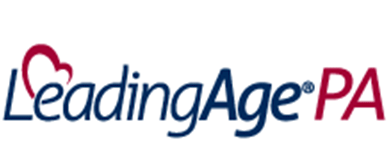Music Touches Lives at Allegheny Lutheran Social Ministries
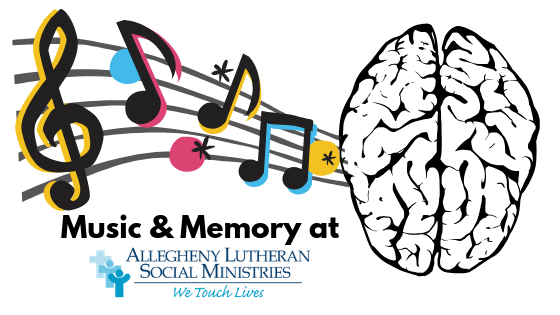
Music touches lives, and that is no exception at Allegheny Lutheran Social Ministries. In late 2018, staff team members at Allegheny Lutheran Social Ministries became certified providers of the Music & Memory program. Music and Memory is a nationally recognized non-profit organization that brings music into the lives of older adults or those affected by illness through digital music technology with the goal of improving their quality of life. They train caregivers to make and provide personal playlists on audio devices for those struggling with dementia, Alzheimer’s, as well as other cognitive and physical impairments to reconnect them with the world through music triggered memories. The Music & Memory certification is now being used at The Lutheran Home at Johnstown, The Lutheran Home at Hollidaysburg, The Oaks at Pleasant Gap and The Senior Daily Living Center in Altoona. Although the certification is going through the initial pilot program on the campuses, the Life Enrichment staff at all three locations are already seeing benefits.
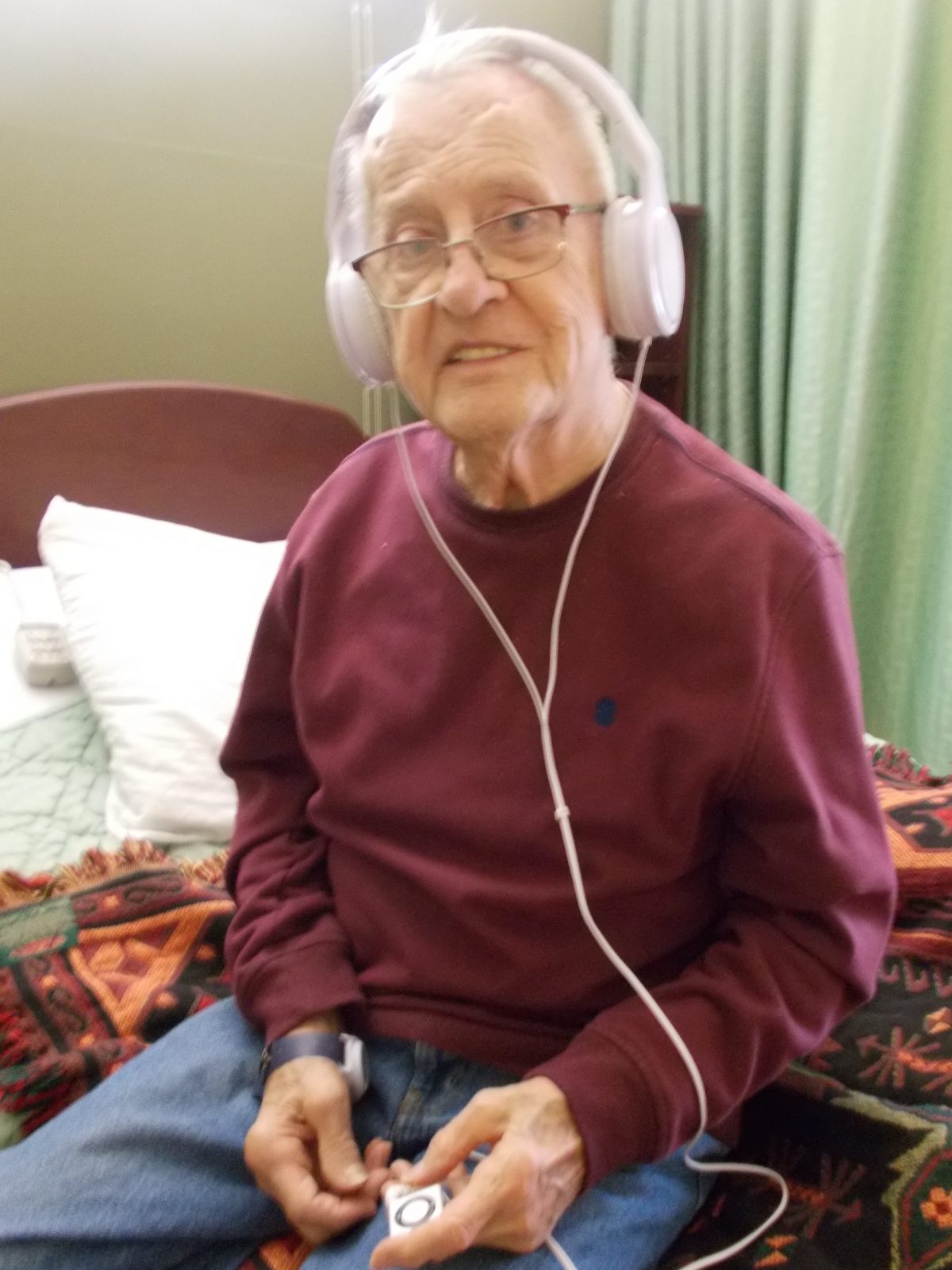
Suzy Albaugh, Life Enrichment Manager at The Lutheran Home at Johnstown, tells the story of a resident who loved and utilized this program who recently passed away. “We knew her as our ‘song-bird.’ While our team members knew her by name, family members and visitors knew her by the thing that mattered most to her: music,” Suzy said. This resident came to The Lutheran Home as a personal care resident and eventually made her transition to the skilled nursing.
“Her mind and body began to decline, but her love for music never did. When she transitioned to skilled nursing, her family purchased an iPod to continue supporting her love for music. She slowly began to lose her ability to express her thought and feelings… She began calling out to team members and visitors with no apparent purpose. Remembering her love for music, team members began providing her the iPod during the day. As she listened to music, her calling out lessened. She began utilizing the iPod at bedtime to calm her nerves and soothe herself to sleep. The iPod enabled her to pursue the one thing she still enjoyed. While she may have lost her ability to communicate her thoughts and feelings, she expressed herself through music and was able to recall every word to every song she knew. It was a wonderful and magical thing to witness. She came to life the moment she heard a familiar song, and suddenly it was as if nothing could stop her,” Albaugh explained.
The benefit of music did more than just uplift the song-bird’s mood. It also improved her health and overall wellbeing. Suzy reported that as the song-bird’s dementia progressed, her interest in eating declined. One winter day on her way to lunch, the song-bird overheard a Christmas carol, and she began to sing along with the carol. Her mood became uplifted and she ate her meal that day. Every day after, each meal started with a song to encourage her to eat. She ate every day all thanks to a tune sung on her way to lunch.
During the use of the Music & Memory program, it became easier to engage residents in music, even without the use of the iPod. While the resident Suzy worked with continued to enjoy sharing her love for music publically, it remained important to pursue it privately as well. “This resident’s sister shortly after came to us as a resident as well. While their personalities and abilities were very different from one another, they enjoyed each other’s company. Our resident began sitting with her sister, hand-in-hand, and sang to her to provide comfort. It was wonderful that through music, she could still connect & provide comfort to a loved one,” Suzy recalled.
“We have witnessed the power of music firsthand. The iPods have proven to be successful to both a very small & large degree. For some the iPod is merely a way to continue enjoying a pastime when their hearing isn’t what it used to be, while for others it means their health and livelihood,” Suzy explained.
Allegheny Lutheran Social Ministries is accepting donations of iPods and headphones to allow more residents access to this program. If you decide to donate headphones, please donate headphones that go over the ears. Earbuds are smaller, harder for residents to handle with their hands, and can cause more damage to hearing than headphones that go over the ears. Feel free to contact us at 814.696.4516 to find out how you can be a part of this exciting program and how you can donate supplies.

